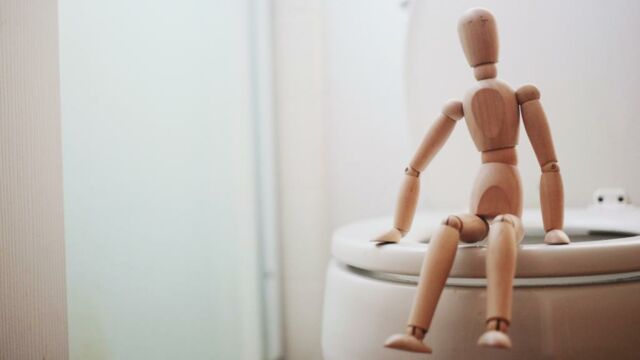If you’ve ever had a urinary tract infection(UTI), you’ll know that it’s one of the most annoying and uncomfortable conditions to ever exist. Not only does it leave a burning sensation in your nether regions every time you pee, it also has the potential to damage your bladder, urethra, and kidneys if left untreated.
Discover our latest podcast
Double-voiding
Unfortunately, a UTI is very common bacterial infection that occurs mostly in females and it can even be chronic in some cases. That’s why it’s all the more important to take the necessary precautions to avoid getting it in the first place. One way to do that is by ensuring that your bladder is fully emptied every time you visit the loo.
Dr. Shree Datta, a consultant obstetrician and gynaecologist at MyHealthcare Clinic in London revealed that most people do not completely release all their urine when they go to the loo. Any leftover pee in the bladder can increase one’s chances of contracting a UTI. To ensure that you are emptying out your tank with every visit to the bathroom, she recommends using the double-voiding technique.
How to do it
Sit comfortably, and lean slightly forward. Release all the urine as you usually do, but don’t get up as soon as the trickle stops. Instead, wait on the pot for 20 to 30 seconds, lean forward once more and you’ll find yourself letting out a few more droplets.
Dr. Datta suggests standing up after your first leak, and then sitting back down to urinate more. She told Metro.co.uk:
One way to address this is to use the double-voiding technique. That means you pee, or ‘void,’ then take a moment while you stand up.
You then sit down and void again, and very often you can pass a further significant amount of urine.
It’s as simple as that and can make a huge difference in the longer term.















